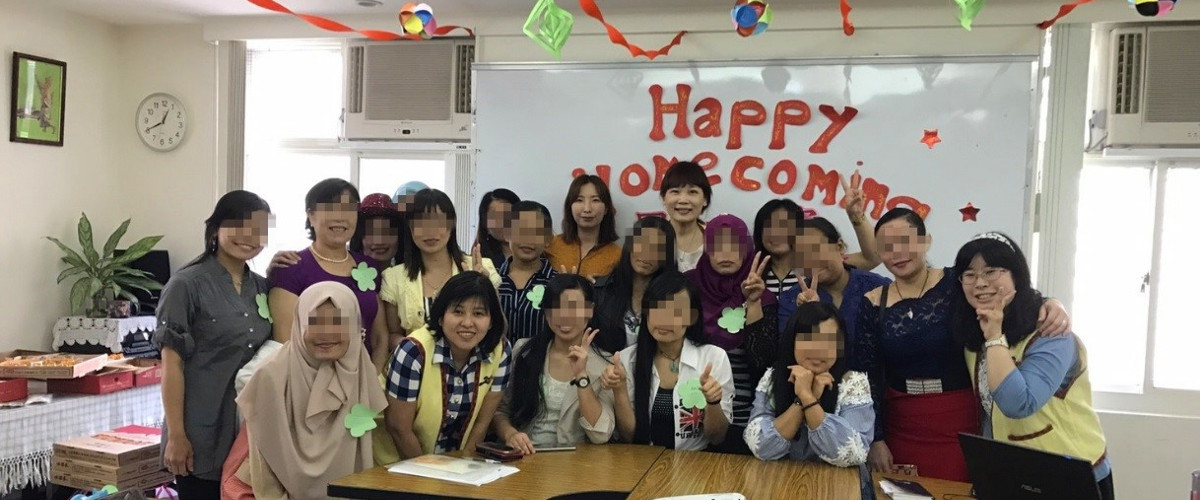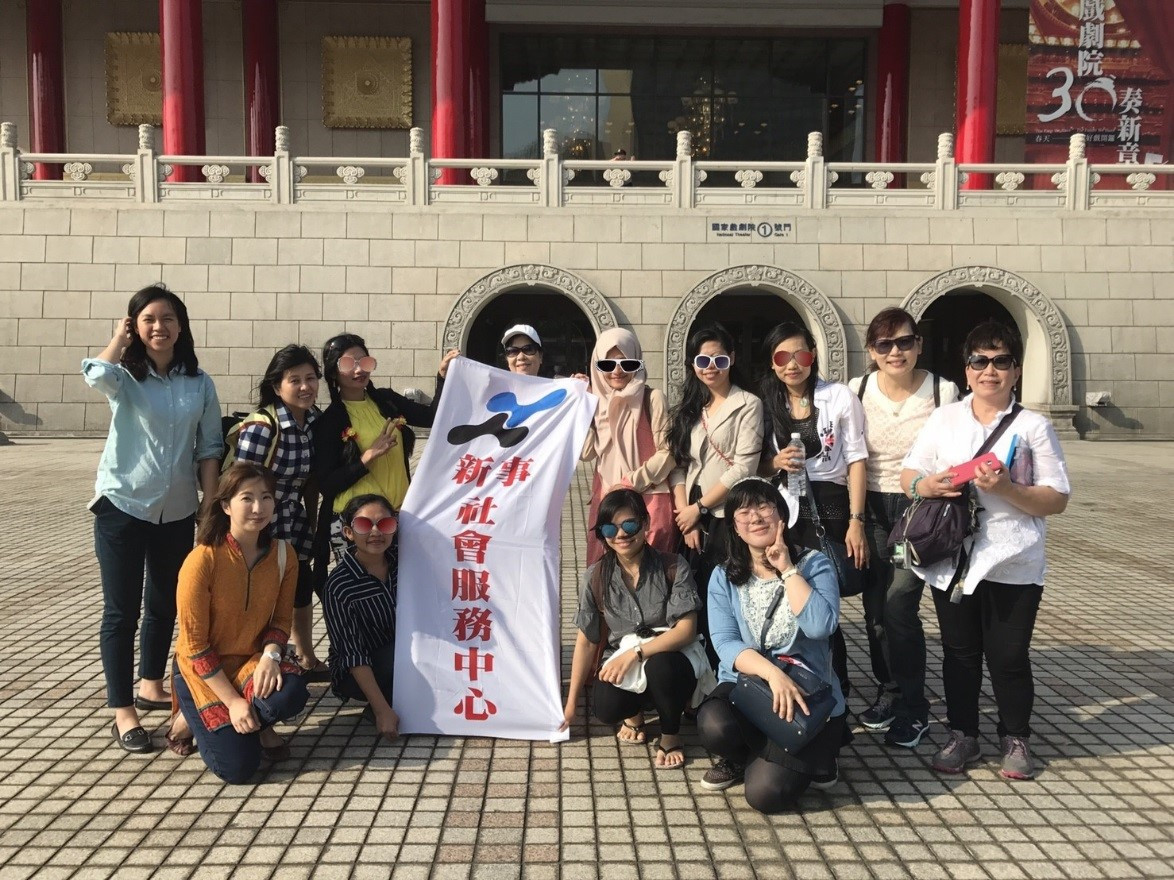
Women migrant workers who stay in the shelter are often victims of exploitation. They hope to be legally released from their previous employer, find a new (and better) employer and start working again. The staff of Rerum Novarum Center accompanies them as they face labour disputes, legal proceedings or go to Taipei City Employment Services Office for an interview with a prospective employer. In this way, the migrant workers and the centre’s staff treat one another like family even after the migrant workers have left the shelter.

Tina said that her Taiwanese employer is like a grandparent who takes good care of her. Ani expressed that her current employer is “very kind-hearted” since he is willing to pay her overtime wages and she can take some days off. Mimi said her current situation is much better than the previous since she can use her mobile phone to see her husband and children. Hanh cried as she shared that the grandparents she had been taking care of for nine years had all “gone”.
They listened intently to the discussions on legal rights, especially those related to their case, and showed much enthusiasm in answering the quiz contest. The Rerum Novarum Center staff prepared dishes from different cuisines, such as Indonesian ginger rice, shrimp cake, Vietnamese spring rolls and Italian spaghetti, which everyone enjoyed.
Toward the end of the gathering, the migrant workers wrote down their dreams and put them in a tin box. They dream of building a house and of getting married. In spite of all their difficulties, they remain optimistic. They look forward to the next time they could come back to their mother’s home. Hopefully, Taiwan can become a place where more and more migrant workers can feel safe to build their dreams.






